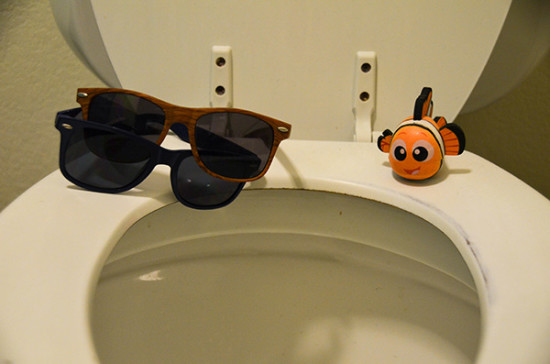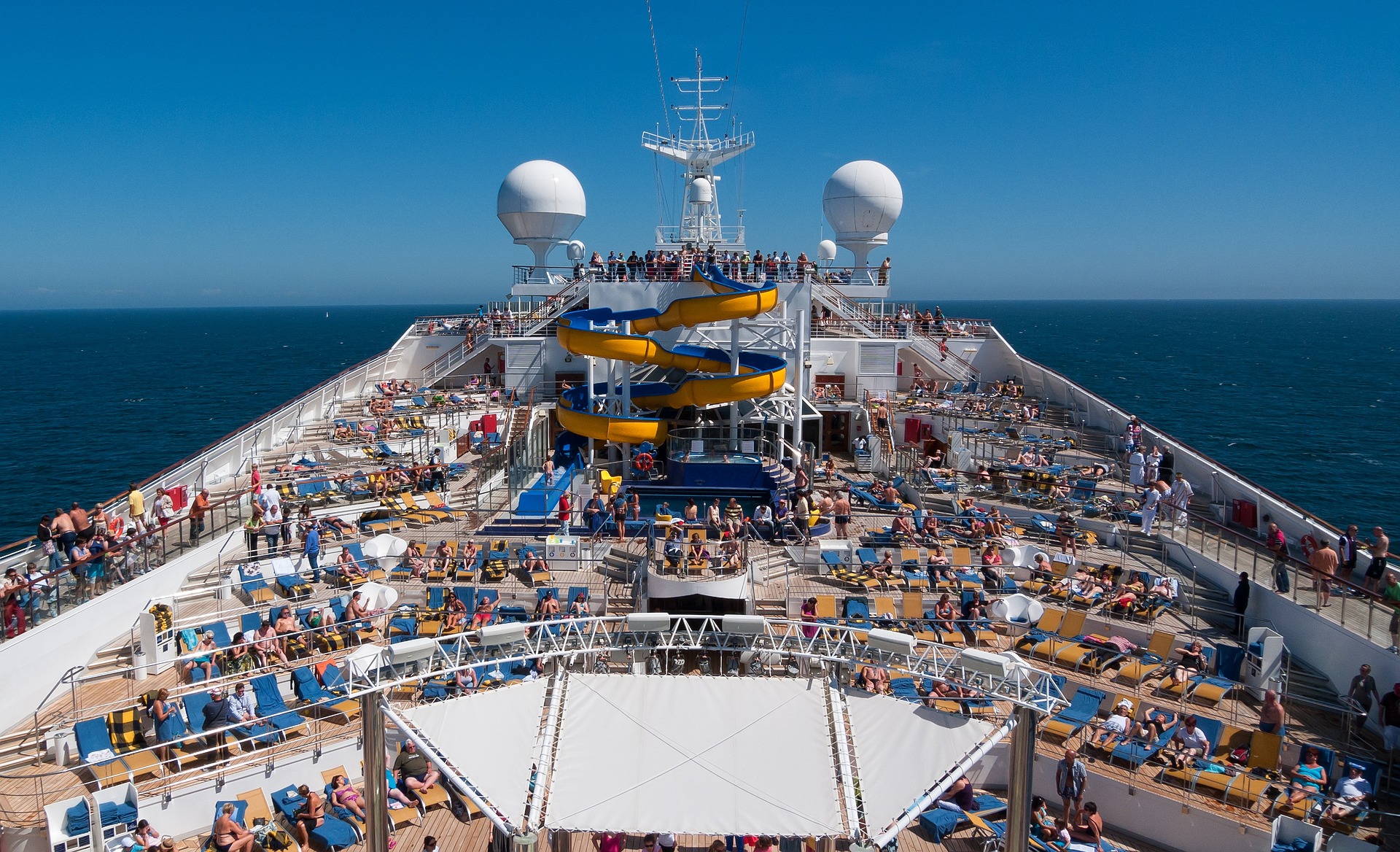When people decide to take a cruise, they’re usually imagine sailing off into the golden sunset with a tropical smoothie in hand or breathing in cool, crisp air in the middle of the big blue. Until they hear about the gastroenteritis outbreaks on nine cruises in 2014. The increased risk of being exposed to a virus plus three days of vomiting and diarrhea probably wasn’t in the cruise brochure.

Source: Jocelyn Hsu
Cruise ships are like playgrounds for spreading illnesses that flourish in close quarters, like the norovirus. They have a huge number of people confined in a small space for several days, susceptible to infection by viruses that are easily spread by personal contact. In addition, some cruise ships have very limited time between sailings to clean the ships thoroughly before the next group of passengers. However, the CDC’s Vessel Sanitation Program conducts regular unannounced inspections of the cruise ships; so while it would be easy to blame the cleanliness of the ships on the efforts of the cleaning crew, an initially clean ship won’t necessarily stop a passenger with a stowaway virus. Ill passengers, hesitant to cancel expensive vacation plans, are more likely to bring their viruses onboard. It just takes one infected person to bring the virus onboard and kickstart an outbreak.

Source: Jocelyn Hsu
This article lists steps to prevent outbreaks, such as sanitizing commonly touched objects with alcohol washes and avoiding buffet meals, but it seems like too much trouble to even bother going on a cruise at all. This is evident in a recent poll that shows people are less trusting of cruises as a safe option for vacations.
However, considering the massive number of people who go on cruise ships each year and the small percentage that are actually affected by outbreaks, the frequency of outbreaks isn’t actually increasing. People have just become more aware of their occurrences because of better diagnostic techniques, the reach of media, and the larger number of people with their eye on future cruise vacations.
Featured Image Source: MustangJoe










